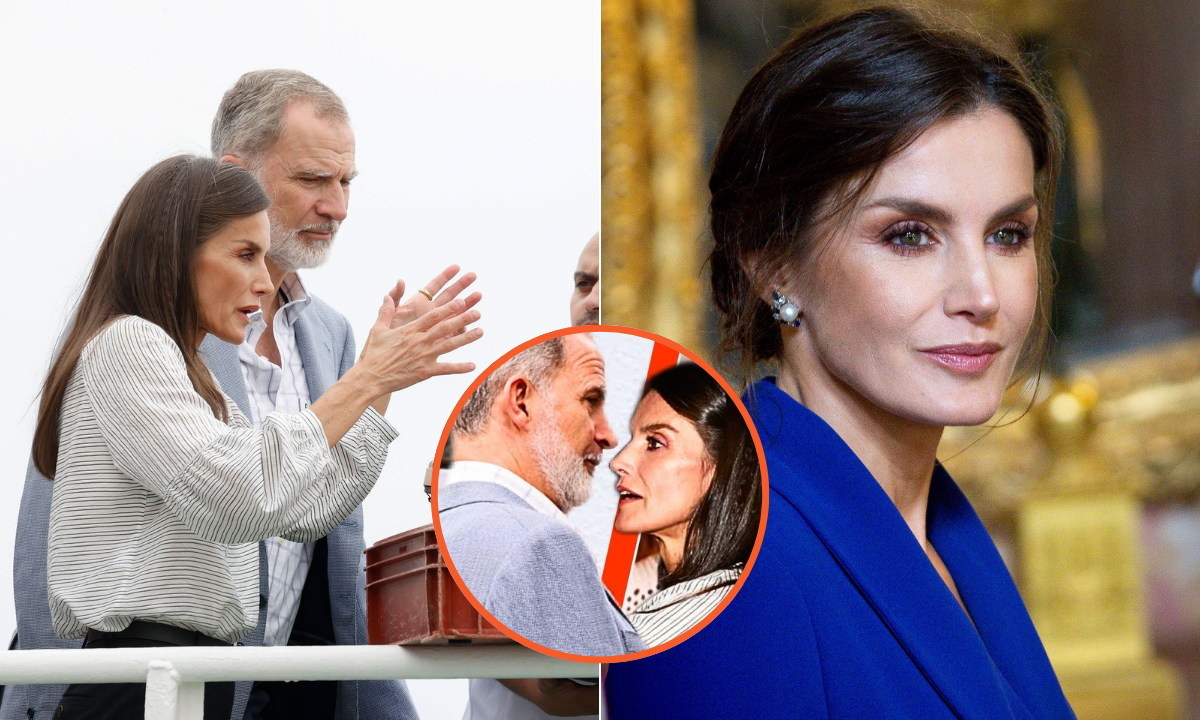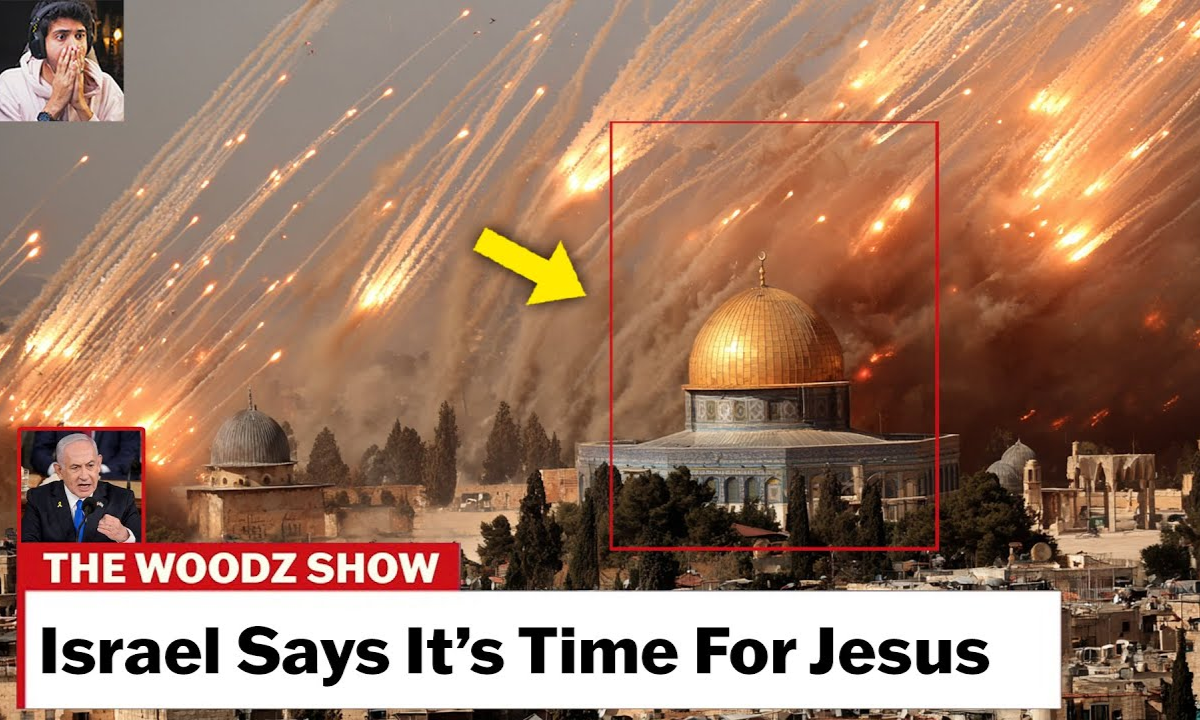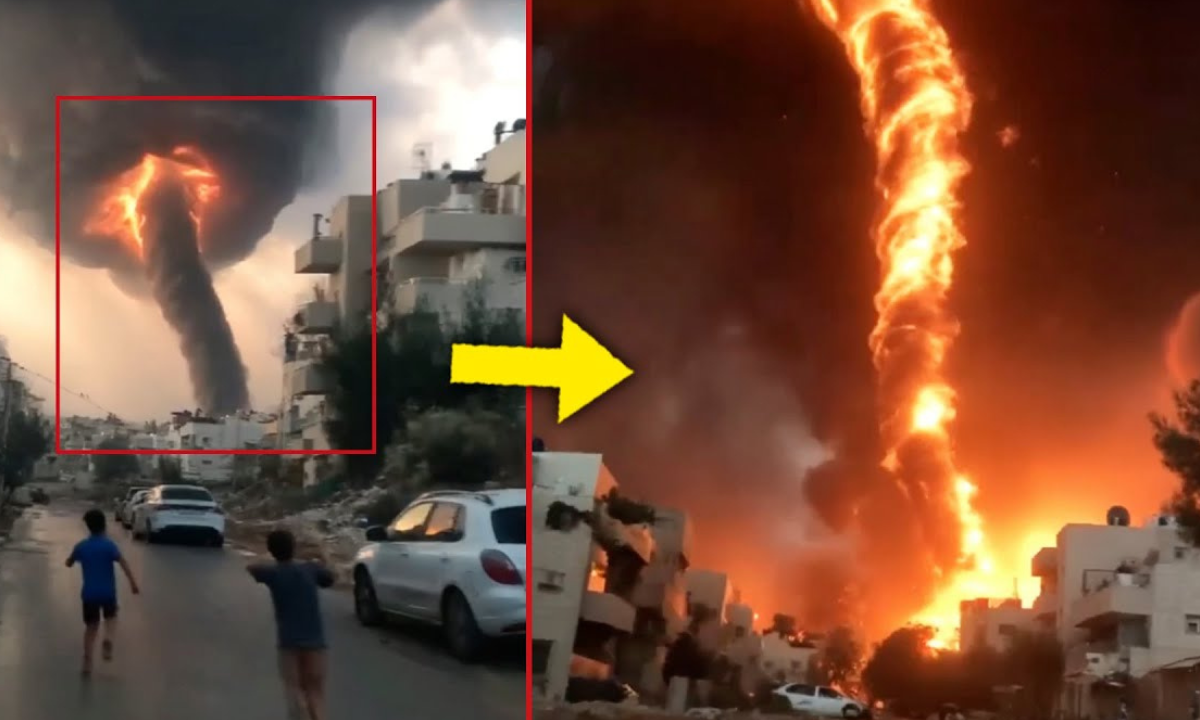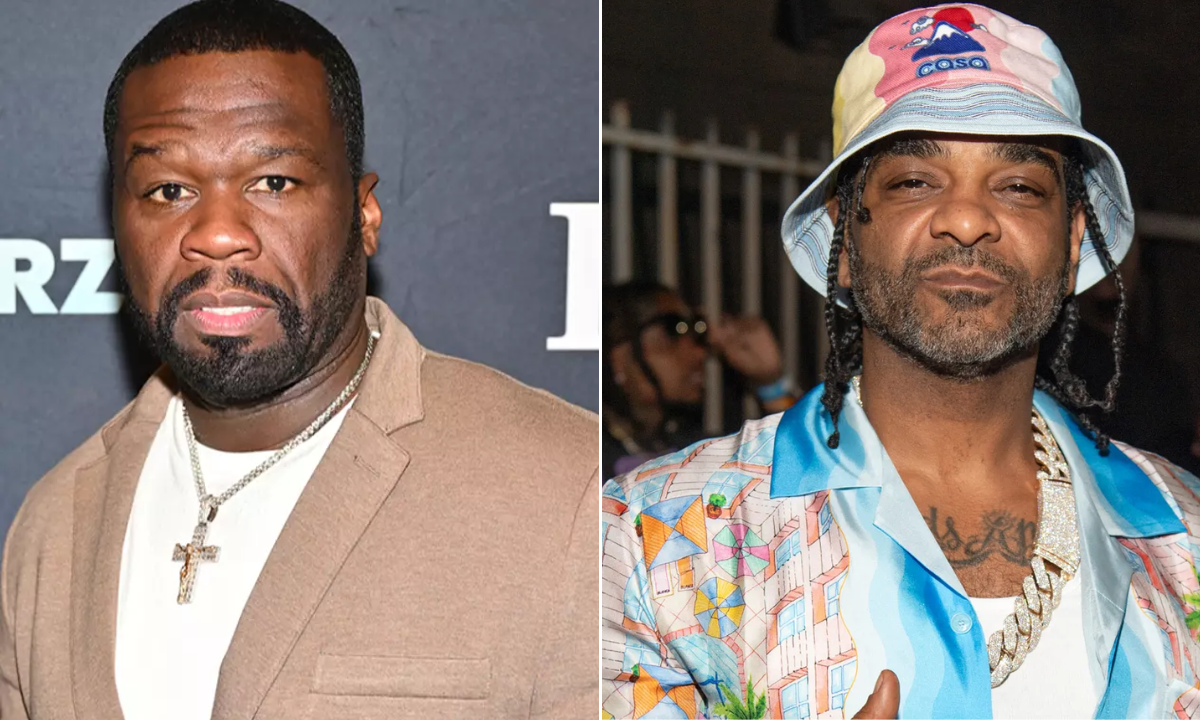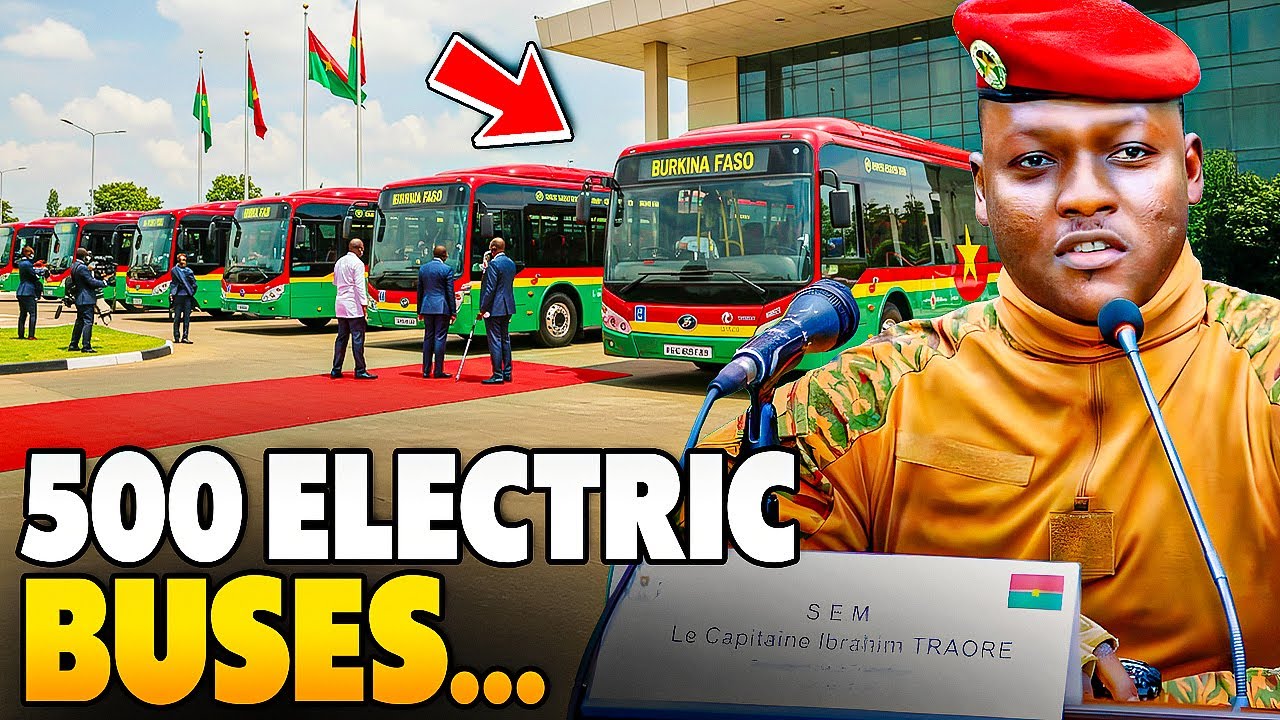**Roots of Change: Burkina Faso’s President Ibrahim Traoré Launches a Revolutionary 20 Million Tree Initiative**

In a bold and unprecedented move, Burkina Faso’s President Ibrahim Traoré has unveiled an ambitious plan to plant 20 million trees across the nation, igniting a grassroots revolution that promises to heal not only the land but also the people of this West African country. This initiative, which emphasizes the planting of medicinal trees, is poised to transform Burkina Faso from a landscape marred by exploitation and environmental degradation into a thriving ecosystem rich in biodiversity and cultural heritage.
Traoré’s announcement is more than just an environmental gesture; it is a declaration of sovereignty and resilience. For decades, Burkina Faso has been exploited for its gold, leaving its land barren and its people impoverished. Now, with this 20 million tree campaign, Traoré is reclaiming the nation’s ecological and economic future. “We’re not waiting for the West to solve climate change,” he stated, underscoring Africa’s capacity to lead in the face of global challenges.
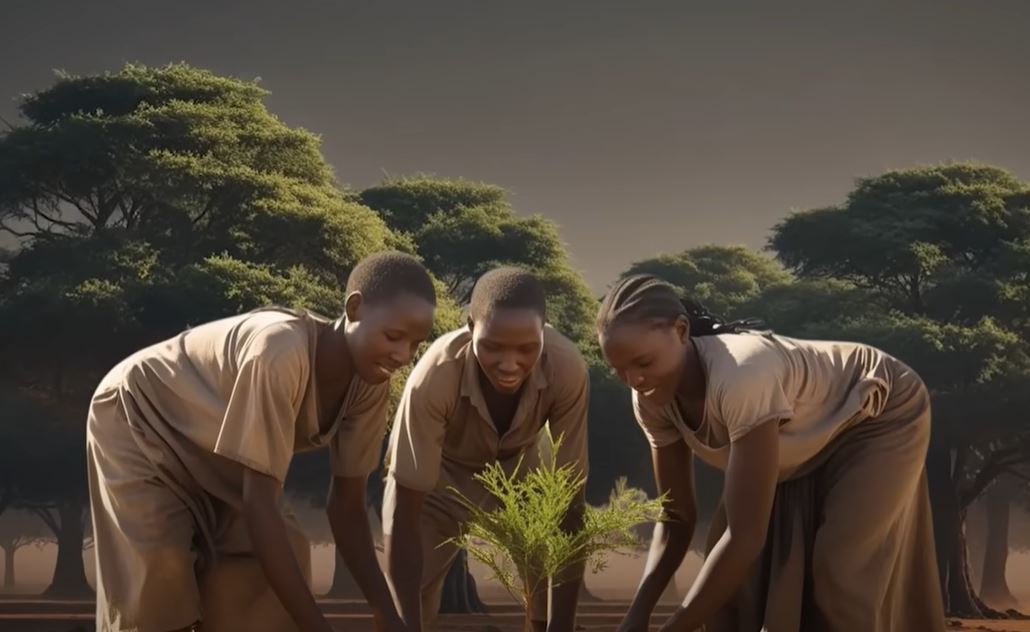
The trees being planted—such as baobabs, moringas, and nere trees—are deeply woven into the local culture and rich in nutrients and medicinal value. This initiative is not just about reforestation; it is a comprehensive health initiative that aims to revive ancient healing practices while empowering local communities. By integrating these trees into the fabric of daily life, Traoré is effectively creating a living pharmacy that can provide natural remedies for common ailments, reducing dependence on costly pharmaceuticals.
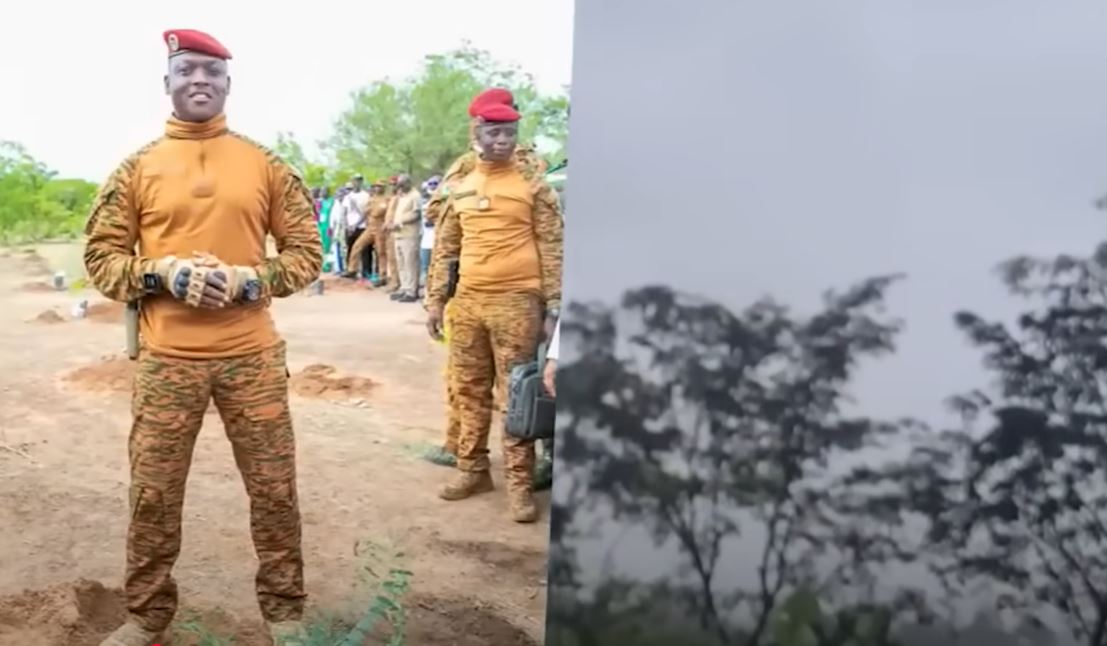
The mobilization for this campaign has been nothing short of remarkable. Students, farmers, elders, and even soldiers are joining forces, transforming the initiative into a people’s movement. The campaign is also creating thousands of jobs, from seed collectors to eco guards, fostering a rural revolution that empowers communities and restores dignity. Women are forming cooperatives around baobab powder, while youth are turning reforestation into entrepreneurial ventures. The economic implications are profound, as entire villages now have contracts to plant, maintain, and monitor tree corridors.
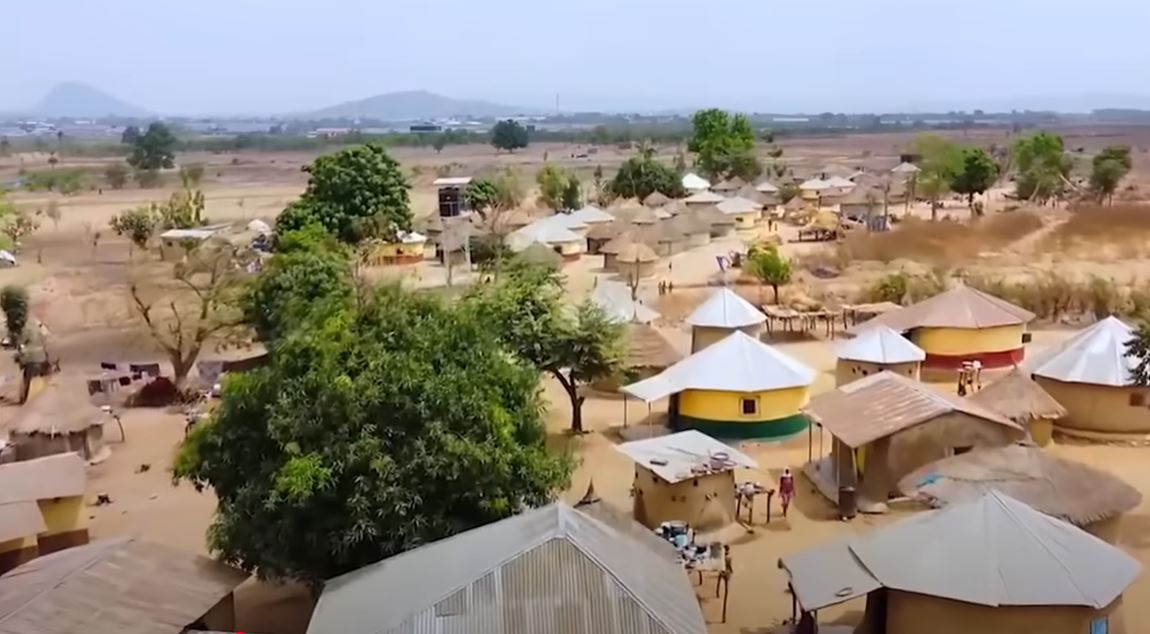
As if this weren’t enough, Traoré’s vision extends beyond mere environmental restoration; it encompasses a strategic approach to national security. In a region plagued by instability and insurgency, reforestation is being utilized as a tool to combat the root causes of conflict—land degradation, food insecurity, and youth unemployment. By providing hope and purpose through tree planting, Traoré is effectively cutting off the recruitment pipeline for extremist groups. The military is being repurposed to protect these ecological zones, showcasing a shift from defense to regeneration.
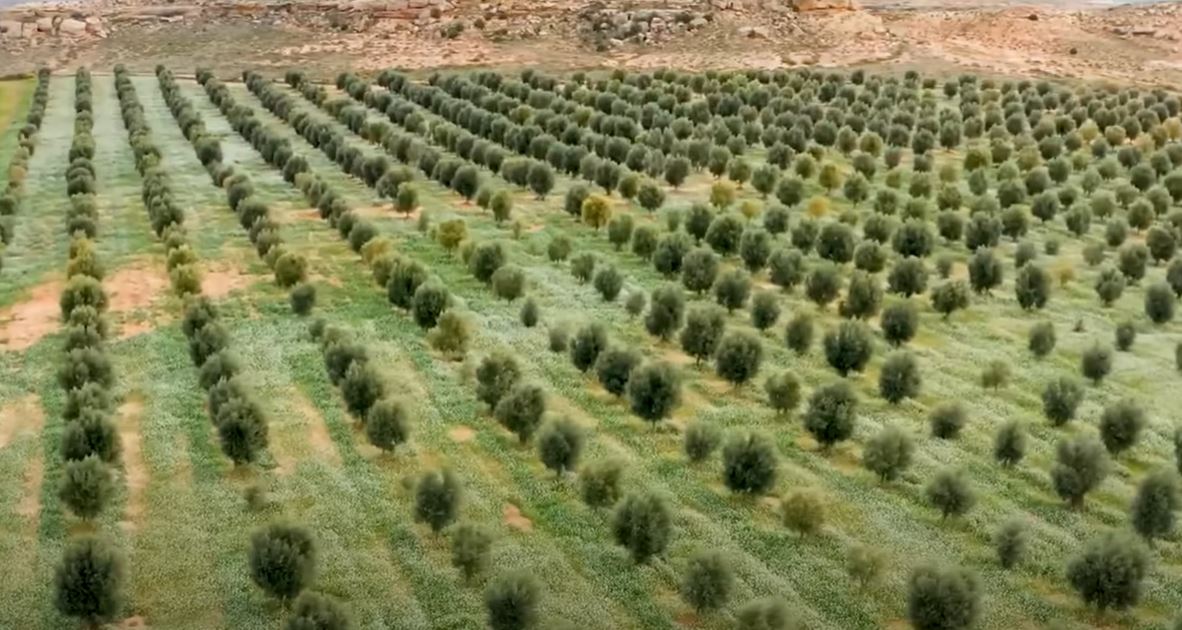
The response to this initiative has been overwhelmingly positive, drawing international attention and praise. However, Traoré remains focused on the mission at hand, emphasizing that this is not about accolades but about survival and sovereignty. “This is a homegrown Burkinabé initiative,” he asserts, as the world watches a nation redefine its narrative from one of despair to one of hope and resilience.
Burkina Faso is not merely planting trees; it is cultivating a new identity rooted in justice, equity, and sustainability. As the campaign unfolds, the vision of transforming the country into the green lungs of West Africa is becoming a reality. Traoré has hinted at a future expansion to 100 million trees by 2030, integrating tree-based learning into the national curriculum and fostering regional cooperation with neighboring countries.
In a world grappling with climate change and environmental degradation, Burkina Faso’s 20 million tree initiative stands as a beacon of hope and a model for others to follow. As the nation breathes new life into its landscapes, it is also breathing new purpose into the hearts of its people. Under Traoré’s leadership, Burkina Faso is not just planting for today but sowing the seeds for a brighter, greener tomorrow. The world is watching, and the message is clear: change is not just possible; it is happening, one tree at a time.
